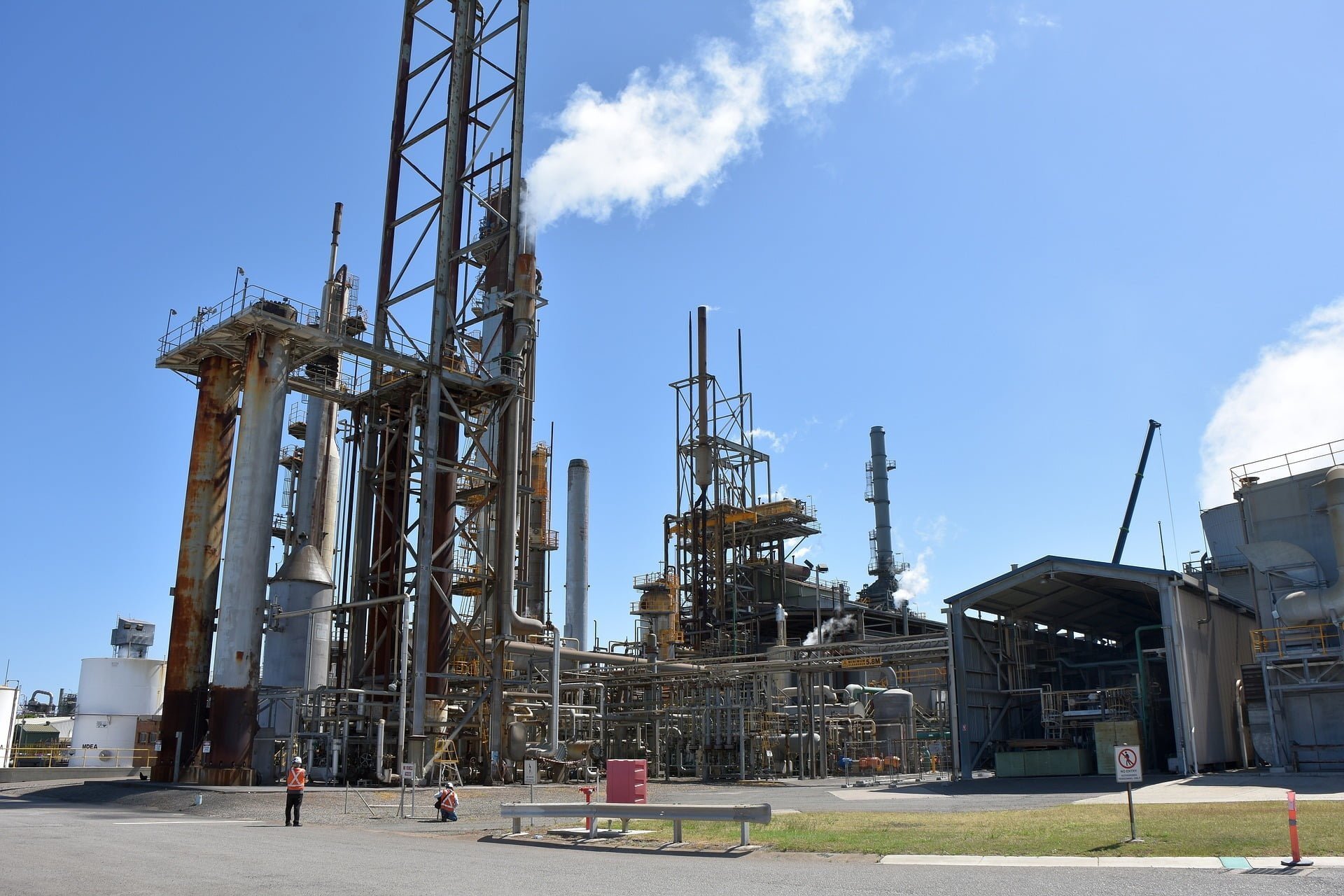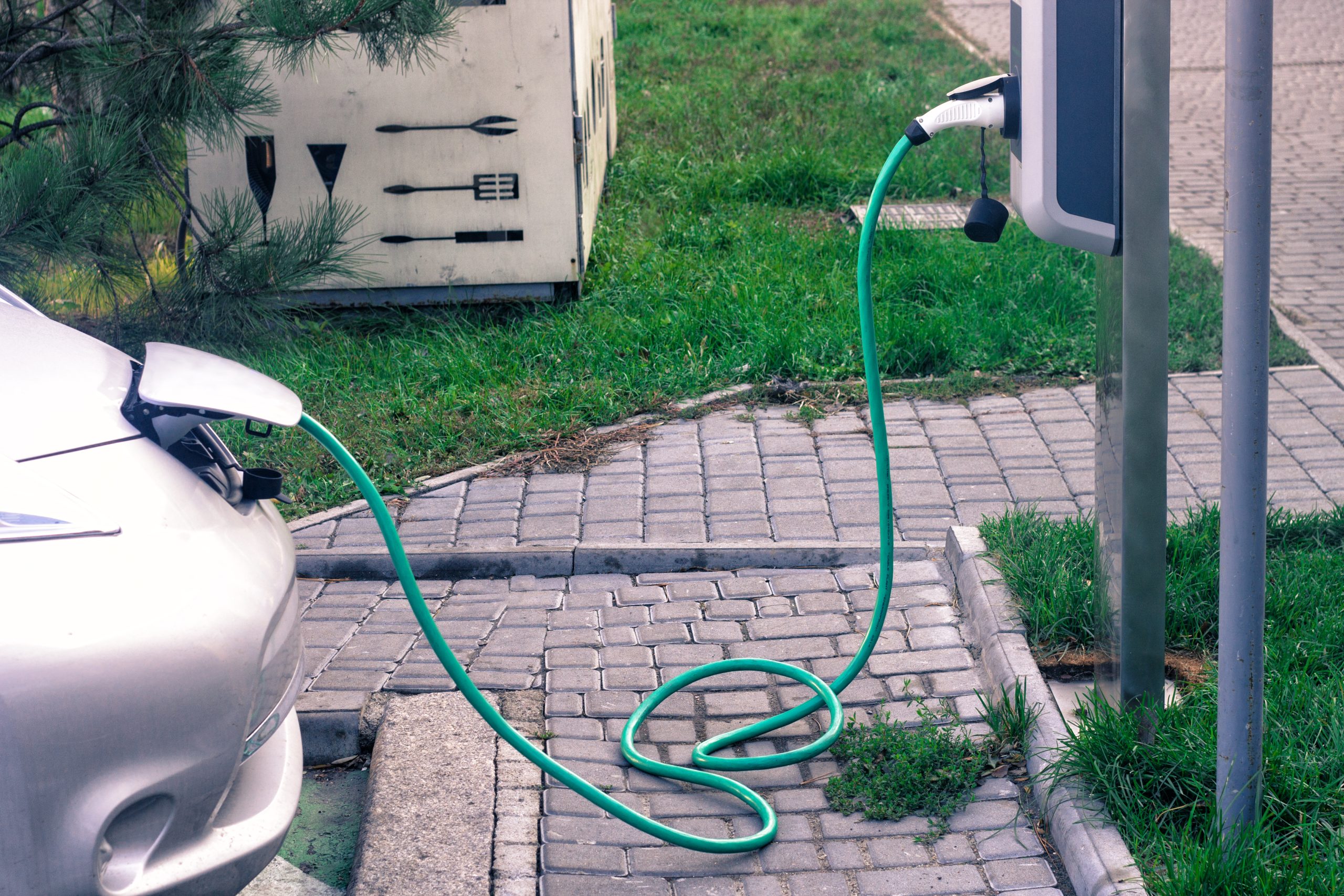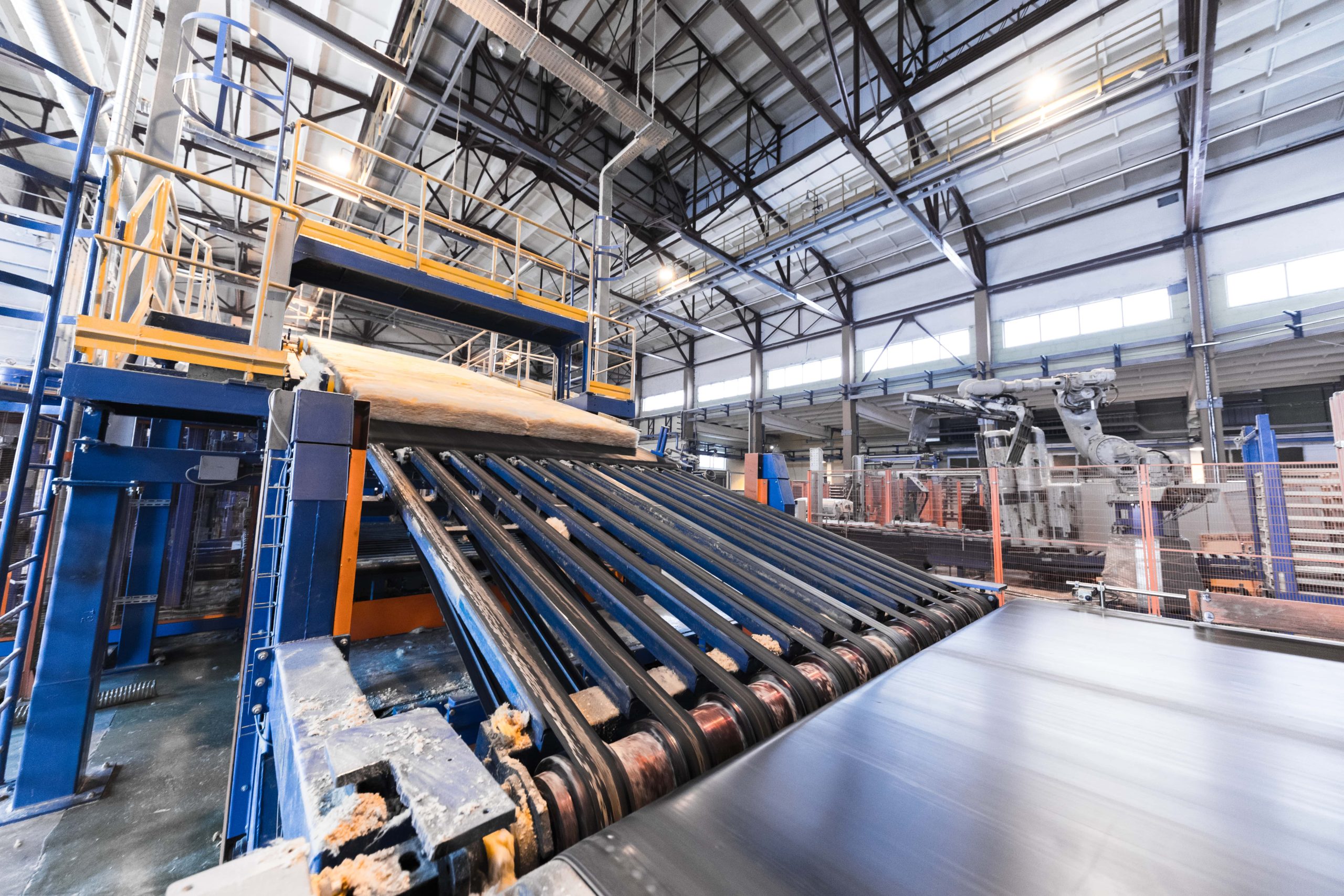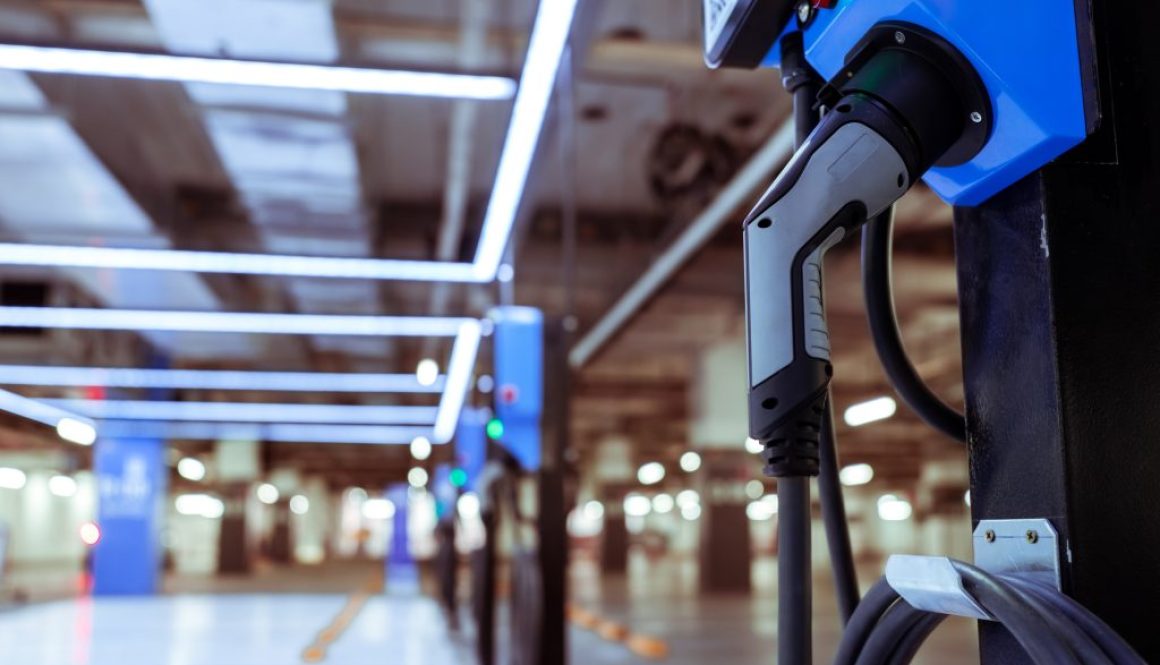Foreign steel Approved for American EV Charging Stations
Metal fabricators supplying components for electric vehicle (EV) battery charging stations will have broad leeway to use steel from foreign suppliers.
That is the decision made by the Federal Highway Administration (FHWA) in announcing “Buy America” exclusions for EV chargers funded over the next five years through the new National Electric Vehicle Infrastructure (NEVI) Formula Program. This effectively gives the green light for $5 billion set aside for the EV chargers. NEVI was authorized by the $550 billion Infrastructure Investment and Jobs Act (IIJA), which was signed into law by President Joe Biden on Nov. 15, 2021.

The IIJA had significant domestic content requirements that FHWA has interpreted liberally because of its concerns regarding the ability of states and industry to effectively certify compliance with domestic content requirements. The Steel Manufacturers Association, which represents U.S. steelmakers that rely on electric arc furnaces and scrap metal to make metal, called this “false logic” and argued: “In fact, mill test certificates for steel inputs are routinely provided to both distributors and fabricators so that complete traceability is maintained throughout the distribution chain.” Form Energy has recently stated its plan to build a battery manufacturing plant in West Virginia.

FHWA said that as of 2021, only ChargePoint, FreeWire Technologies Inc. (FreeWire), and Rhombus were U.S. companies that believed they had existing direct-current fast-charging systems that could comply with the IIJA’s Buy America requirement. “FHWA remains uncertain regarding their immediate ability to meet demand on all FHWA projects for EV chargers that satisfy FHWA’s Buy America requirement within the next 12 months,” the agency said in a statement. That view was seconded by the American Association of State Highway and Transportation Officials (AASHTO). “It is in the public interest that EV infrastructure deployment not be delayed unnecessarily while industry makes good-faith efforts to integrate the new Buy America requirements into their sourcing and manufacturing processes,” AASHTO officials said in their own statement.

The new FHWA rule implements a two-phase EV-charger-specific Buy America waiver. From March 23 through June 30, 2024, domestic content requirements are waived for all EV chargers where final assembly takes place in the U.S. Starting on July 1, 2024, domestic content requirements are waived for all EV chargers where final assembly takes place in the U.S. and where the cost of components manufactured in the U.S. exceeds 55% of the total cost of all components. The waiver remains in place until terminated, but it is required to be revisited after five years. U.S. steel and steel-using fabrication companies and manufacturers opposed several aspects in the proposed exclusion when it was initially proposed a year ago.

But the FHWA, in the final waiver issued in February, appears to have satisfied just a few of its objections. One change is that the final waiver excludes such things as associated payment systems, distribution systems, telecommunications and networking equipment, energy storage systems, and other supporting equipment and systems. They had initially been included. The final waiver also excludes EV charger housing components that are predominantly steel and iron. The final waiver also gave heartburn to aluminium extruders represented by the Aluminium Extruders Council, which argued aluminium extrusions, which are commonly used in EV charging station manufacturing, are readily available from U.S. manufacturers. Extrusions are used for various structural components like heat sinks, support feet, hinges, and doors. Some EV charging station producers also use aluminium for the outer shell of the charging station itself.

